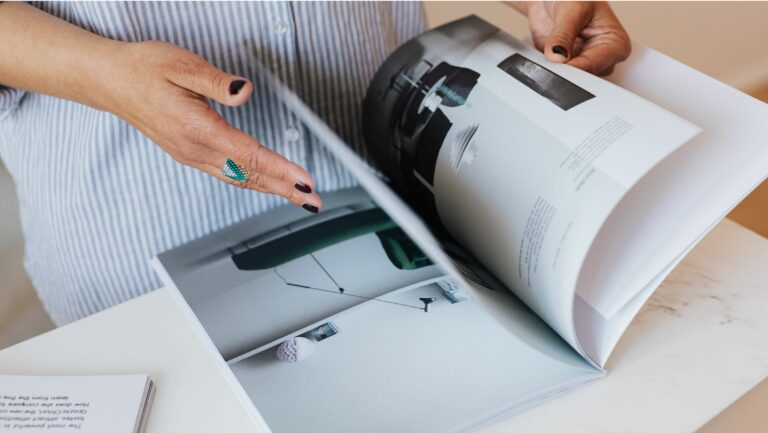
Let’s get realistic about investing in property and we’re not just talking money, honey. Consider the full scope of what investing in property costs. Like, your time and energy — commodities often overlooked when buying an investment property. We’ve listed some of the main ongoing expenses for landlords so you can get a better understanding of what it really costs to invest in property.
Managing the ongoing expenses of an investment property is one of the biggest headaches for landlords. Often, we focus on the upfront costs, i.e. ‘can I actually afford to buy this property?’ without really evaluating what we’re in for long-term.
So first up, have you considered…?
Even with reliable, long-term tenants, repairs and ongoing maintenance are a part of investment property ownership. Leaking taps/ water issues, broken appliances, and broken air conditioning units are some of the more common repairs for landlords. If you keep a household budget, have a look at what it’s costing you to maintain your personal home and use this as a starting point. The list will be extensive and vary greatly month to month. Include everything from fixing a broken door handle to pest control.
It’s worth considering that properties often require updating to meet new compliance standards. For example in Queensland, it was mandated this year that landlords must install interconnected smoke alarms in residential rental properties at the start of a new lease or lease renewal — a cost of upwards of $1000 depending on the home.
Long-term appeal is what attracts tenants or perhaps you’re looking to increase your rental return. Minor or even major renovations are a no brainer if you’re trying to increase value.
Ok, so if you’ve glanced at the latest vacancy rates across Australia, this one probably isn’t on your list of major concerns. But let’s assume we one day find our way out of this post apoco-Rona world and rentals once again become available. When that day comes, you’ll want to be prepared to cover the mortgage and other holding costs between tenancies. Speaking of holding costs…
The biggies.
Ongoing holding costs include:
Not all are compulsory (like property management and bookkeeping) but remember our previous statement about the value of time and energy. You might save financially, but it’ll still cost you.
It’s worth considering that some expenses like council rates offer sizeable discounts for paying before the due date, so if you can streamline your payments ahead of time, it’s money in your pocket.
Finding the right tenant for your property starts with a great marketing campaign. Whether you choose to source professional photography and list the property yourself, or utilise the services of a property manager, the process will cost upwards of a few hundred dollars. Of course, the longer the property remains untenanted the longer you’ll pay for the ad listing and the longer you have to cover your mortgage repayments, so you’ll want this process to move as quickly and efficiently as possible.
It’s all about protecting and getting the best out of your investment. If the above has you running for the hills, consider the following. Property Credit provides a quick and easy finance solution to help tackle the ongoing costs of owning an investment property.
A one-time facility setup lets you access up to $15,000 to draw on, whenever you need it. This allows you to set up repayments to suit you and work with your rental income. So there are ways to better streamline cashflow, if you need assistance.
Take the stress out of balancing bills with rental income and even mediating between tenants and landlords. Simply share Property Credit with your landlord so you can set up repayments with ease.
Remember, there are a range of benefits to investing in property. The key takeaway? Understand the full scope of ongoing costs you’ll face as a landlord before going in, so you can best prepare yourself. If you’ve already taken the plunge, congratulations! There’s help available to better manage your money, should you need it.
Visit the following link For more information on Property Credit’s investment property expense funding.
Visit property.credit for more information on our services or you can contact us on 1300 829 536 (au) or 03 668 2144 (nz).
This article is for general information purposes only and is not intended as financial product advice. Consider seeking independent financial advice that relates to your individual circumstances.
There's so much to consider when buying or selling. Below are just some of the opportunities equity release can offer over the course of a property sale.





